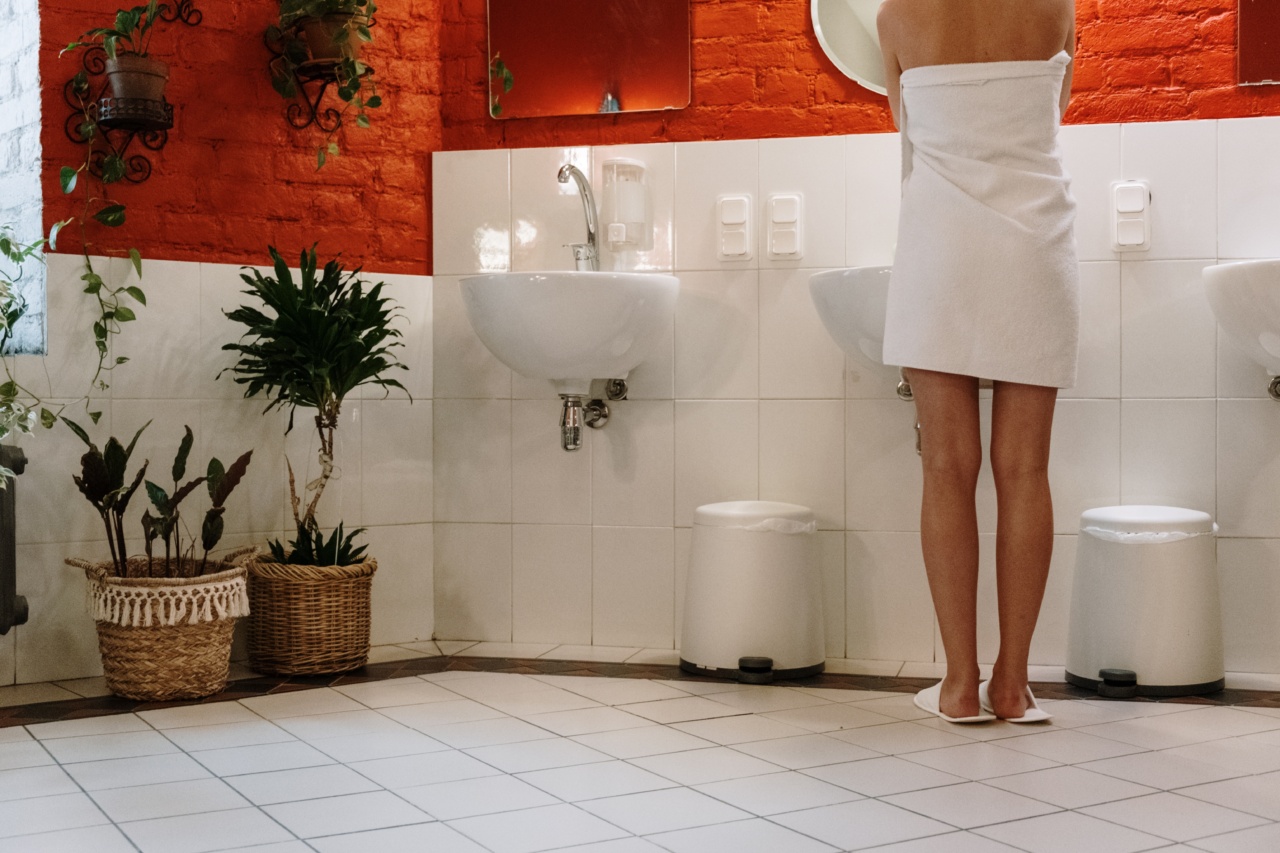Your bathroom is a personal space that you should treat with utmost cleanliness. However, sharing some of your items with others without proper hygiene protocols can lead to the spread of infections and diseases.
In this article, we will look at the 7 things you should never share in your bathroom.
Toothbrushes
You may opt to share a toothbrush with your partner or family member, but it is not a good idea.
Sharing a toothbrush can lead to the exchange of bacteria, viruses, and fungi present in your mouth, leading to infections like periodontitis, thrush, and strep throat. In addition, sharing a toothbrush can also compromise its bristles, making it less effective in cleaning your teeth.
Razors
Shaving is a personal and sensitive grooming activity that should not involve sharing. Razors can harbor bacteria, fungi, and viruses that can lead to skin infections like folliculitis, cellulitis, and impetigo.
Sharing razors can also lead to the transmission of blood-borne diseases like hepatitis B and C, and HIV.
Towels
Towels are the breeding ground for bacteria, germs, and fungi that thrive in the humid environment of your bathroom. Sharing towels can lead to cross-contamination, leading to the spread of infections like ringworm, impetigo, acne, and tinea.
Sharing towels can also lead to the transfer of bodily fluids and skin cells, leading to the spread of diseases and infections.
Nail Clippers
Nail clippers are tools that come into contact with your nails and surrounding skin. Sharing nail clippers can lead to the spread of fungal infections like athlete’s foot, nail fungus, and bacterial infections like paronychia.
Sharing nail clippers can also lead to the transfer of blood-borne diseases like hepatitis B and C, and HIV.
Loofahs and Washcloths
Loofahs and washcloths are porous items that trap dead skin cells, bacteria, and fungi. Sharing these items can lead to bacterial and fungal infections like ringworm, folliculitis, and acne, especially if they are not washed properly after use.
Sharing loofahs and washcloths can also lead to skin irritation and allergies.
Makeup Brushes and Sponges
Makeup brushes and sponges are items that come into close contact with your skin, eyes, mouth, and ears.
Sharing these items can lead to the transfer of bacteria, viruses, and fungi that can cause skin infections, cold sores, conjunctivitis, and other illnesses. Sharing makeup brushes and sponges can also lead to allergic reactions, skin irritation, and acne.
Deodorants and Antiperspirants
Deodorants and antiperspirants are personal hygiene items that should not be shared. Sharing these items can lead to the spread of bacteria and fungi present on your skin, leading to infections like folliculitis and ringworm.
Sharing these items can also lead to the transfer of bodily fluids like sweat, leading to the spread of diseases and infections.
In Conclusion
Sharing bathroom items may seem like a harmless practice, but the consequences can be severe. Infections and illnesses can be easily spread through sharing personal hygiene items, so it is essential to keep these items personal and clean at all times.
By avoiding sharing these 7 things, you can keep yourself and your loved ones safe and healthy.





























